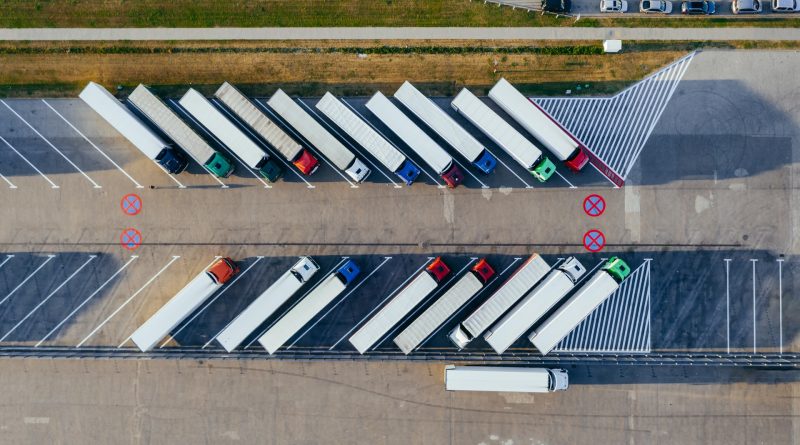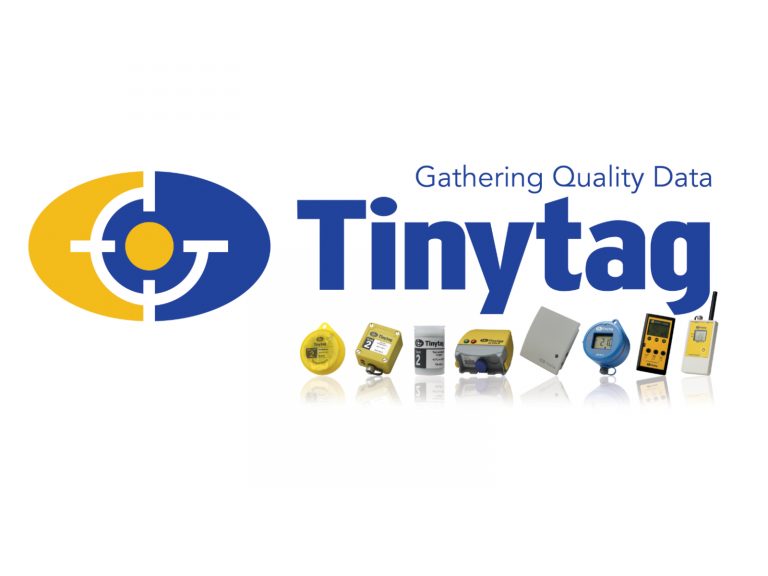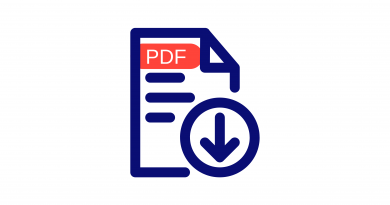Data Loggers Monitor Refrigerated Transport Vehicles and Cold Rooms Temperature
To monitor temperature environments, cold stores are fitted with radio data loggers, whilst stand-alone temperature data loggers are installed in refrigerated transport vehicles.
Stand-alone loggers were utilised in temperature-controlled transport, while radio data loggers were used in cold stores to generate temperature alarm alerts if levels fell outside set limits, by a Gemini Data Loggers customer.
Igloo Thermo-Logistics, a leading refrigerated transportation company, is using both stand-alone and the Tinytag radio data logging system to ensure food and pharmaceutical products are stored and transported under ideal environmental conditions.
Gemini Data Loggers supplied Igloo Thermo-Logistics with its small battery-powered Tinytag loggers for the first time only a few years ago. Since then Igloo has employed more than 40 Tinytag loggers to monitor and record temperature within refrigerated vehicles, providing evidence that Igloo conforms with the requirements of the company’s pharmaceutical and food industry clients.
With the debut of Gemini’s new radio-enabled logger communication technology, Igloo implemented a new system at its facilities in both Watford and Leeds, in the United Kingdom. Thanks to the addition of radio to the communication options, Igloo now has a highly effective, low-cost monitoring and alarm system that automatically collects real-time data from many places across the company’s cold rooms.
Commenting on the benefits of the new equipment, Igloo Managing Director Alistair Turner says:
“We are now able to view live temperature data from all of our cold rooms 24/7 from any computer anywhere in the world. However, the system also enables us to set alarms so that text and email alerts are issued to key staff if any of the temperatures start to deviate from the norm. As a result, we are able to deal with any problems before they occur.”
The Tinytag Radio System consists of numerous radio loggers connected wirelessly to a receiver. The receiver is connected to a central PC running Tinytag Explorer Connect software that continuously collects and stores data from the remote loggers. The radio loggers work together in what is known as a ‘mesh network,’ in which all the devices work together to send information to the central receiver. By ‘hopping’ data from node to node until the destination is reached, it enables continuous connections and automatic reconfiguration around broken or obstructed pathways.
Each radio logger is a self-contained, battery powered unit that is able to receive, log and transmit data to other radio loggers, and to the central receiver. Should one radio logger be out of range of the receiver, its data would hop to its nearest neighbour and hence finds a path back to the receiver. If a radio logger loses connection with all of its neighbouring radio loggers and is unable to find a path back to the receiver, data is stored locally until communication is restored.
Gemini’s Nigel Palmer said:
“The mesh network capability effectively means that we have found a way for radio to go around corners. The radios have a 200 metre range and sensor cables can extend up to 10 metres. This means that the radio loggers can be mounted high above the sensor locations to maximise radio connectivity.”
The Tinytag radio loggers were first installed by Igloo in late summer 2010 and Alistair Turner has been delighted with the system. He says:
“We initially chose Tinytags, following a trial of other products, because they proved extremely robust – able to withstand extremes of temperature and physical abuse. We therefore leapt at the opportunity to try the radio loggers because they offered a lower labour requirement with even greater assurance for our temperature control systems. The simplicity of the new system meant that costs were very low; we simply installed the software, connected the receiver and mounted the radio loggers. Then, with the sensors in position, we turned the radio loggers on and the system automatically created the mesh network. Alarm levels were configured at the central PC and since then, the system has effectively run itself.”
Looking forward, Alistair Turner believes that significant further growth opportunities exist in the pharmaceutical industry. Turner adds:
“Temperature control is vital for all of our clients. However, pharmaceutical goods are often very high in value so accurate, reliable monitoring is even more important in this sector. The Tinytag system therefore provides our customers with an extra level of assurance that we will meet their requirements.”






